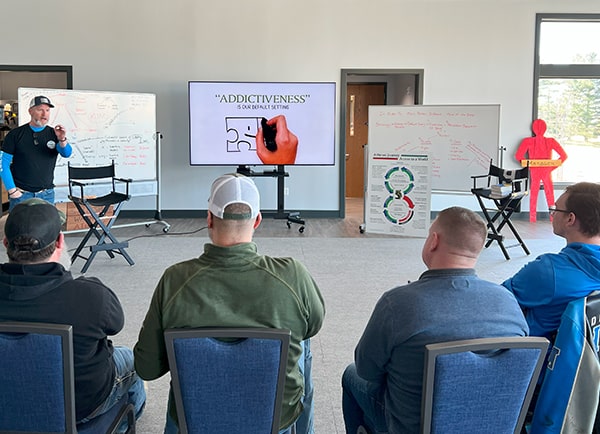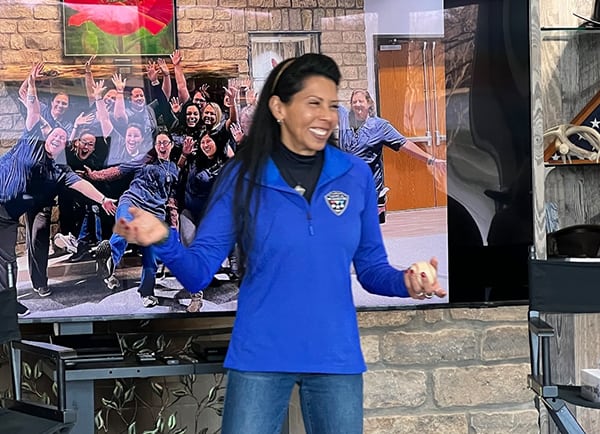Those of us with high Adverse Childhood Experiences (ACE) scores often grapple with numerous challenges in our journey towards personal growth and healthy relationships. The ACE score reflects exposure to various forms of household dysfunction, abuse, neglect, or other harmful experiences before the age of 18. These experiences shape our personality and can negatively impact our capacity to form lasting and meaningful relationships, often leading to a dependent personality in adulthood.
Dependent personalities are characterized by an over-reliance on others to meet emotional and physical needs, often stemming from a deep-seated fear of abandonment. For those with high ACE scores, this dependency can be an unfulfilling survival strategy learned in an unpredictable and harmful environment. In our childhoods, we may have excessively relied on unreliable or even harmful caregivers for survival, creating a pattern of dependency that persists into adulthood.
We often struggle with self-esteem, viewing ourselves as helpless or incapable of caring for our needs. We may exhibit anxious attachment styles, constantly seeking reassurance and fearing rejection. Decision-making can be a significant challenge as we defer to others, doubting our judgment and capabilities. Relationships may be marked by submissiveness and codependent behavior, further reinforcing our perceived helplessness.
However, it’s crucial to remember that these patterns of behavior are responses to past trauma. They are not fixed traits; rather, they are unintegrated survival strategies that have long since outlived their usefulness. With proper intervention, such as the trauma-informed Save A Warrior intensive integrative experience, individuals with high ACE scores can initiate the process for unlearning these behaviors. The 500-Day Plan that immediately follows the SAW experience supports integrating our self-defeating thoughts and foster healthier relationships.
SAW’s Community of Practice, which acts as a social support network, includes peer groups and provides understanding and shared experiences. SAW’s Community of Practice helps reduce feelings of isolation and shame that often accompany high ACE scores and dependent personality traits.
Lastly, self-compassion is key. Healing is a non-linear journey that takes time, patience, and understanding. By acknowledging our strength in surviving adverse experiences, we can start to reshape our narrative, fostering resilience and self-reliance.
It is imperative we emphasize the dire consequences that can arise when a veteran suffers from both childhood trauma and moral injury incurred during wartime. Childhood trauma, as measured by the Adverse Childhood Experience (ACE) score, has been shown to significantly increase the risk of mental health issues, substance abuse, and suicidality later in life. When compounded with moral injury—a term referenced by Marine Combat Veteran, Rhodes Scholar, and author Karl Marlantes in “What It’s Like to Go to War”—the psychological burden can become unbearable for veterans. Moral injury results from witnessing or participating in acts that violate one’s ethical or moral beliefs, causing deep internal conflict and emotional distress. The co-occurrence of a high ACE score and moral injury can create a toxic psychological environment, exacerbating feelings of guilt, shame, and hopelessness, which in turn may increase the risk of suicide among affected returning veterans. It is crucial to address these intertwined challenges through comprehensive, integrative interventions to support veterans in their healing journey and prevent tragic outcomes.
Warriors Lost
Per Day
Veteran Suicides
Since 1979
Sought Treatment
for PTS



